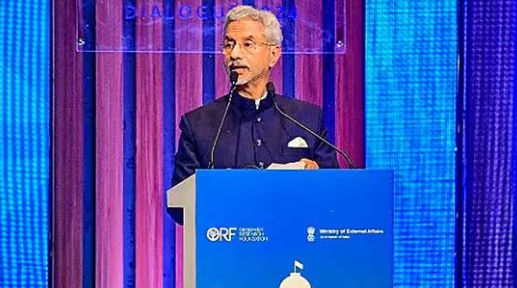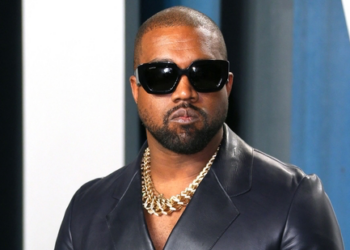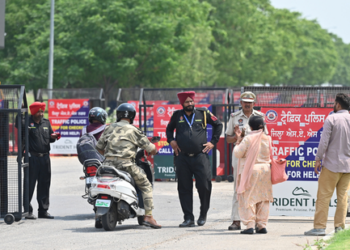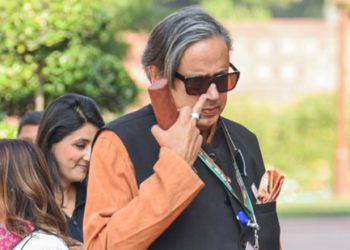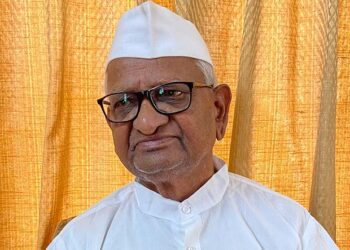At the prestigious Raisina Dialogue, Indian Foreign Minister Subrahmanyam Jaishankar reiterated the necessity of reforming the United Nations to better address the challenges of the 21st century. Emphasizing the urgent need for adaptation to contemporary realities, Jaishankar urged global leaders to embrace a common sense approach towards revitalizing the international organization.
Addressing an audience of diplomats, policymakers, and experts from around the world, Jaishankar underscored the growing disconnect between the UN’s structure and the evolving global landscape. He highlighted the imperative of ensuring that the UN remains responsive, effective, and accountable in fulfilling its mandate of maintaining international peace and security.
“UN reform is not a matter of choice; it is a common sense proposition,” stated Jaishankar. “As the world witnesses unprecedented geopolitical shifts, technological advancements, and complex challenges such as climate change and pandemics, the need for a reformed and revitalized United Nations has never been more evident.”
The Foreign Minister outlined several areas where reform is essential, including the UN Security Council, which he described as “reflective of a bygone era.” He stressed the need for expanding the Council’s membership to better represent contemporary geopolitical realities, advocating for greater inclusion of developing countries, particularly from Africa and Asia.
Jaishankar also called for enhancing the effectiveness and efficiency of UN institutions, streamlining bureaucratic processes, and fostering greater transparency and accountability. He proposed leveraging digital technologies to modernize the organization’s operations and improve its responsiveness to crises and emergencies.
The Raisina Dialogue, organized annually by India’s Ministry of External Affairs and the Observer Research Foundation, serves as a platform for global leaders to engage in discussions on key geopolitical and strategic issues. This year’s edition, held in New Delhi, has attracted participants from over a hundred countries, providing a forum for dialogue and cooperation amidst global uncertainty.
Jaishankar’s remarks come at a critical juncture when the international community grapples with multifaceted challenges ranging from geopolitical tensions to climate emergencies and public health crises. As calls for UN reform grow louder, his advocacy for a common sense approach resonates with many who see the need for a more agile, inclusive, and effective global governance system.
In conclusion, Jaishankar’s assertion at the Raisina Dialogue underscores India’s commitment to multilateralism and its proactive stance on advancing reforms within the United Nations. As the world navigates an increasingly complex and interconnected reality, the imperative of revitalizing global institutions for the collective benefit of humanity becomes ever more pressing.








 India
India
